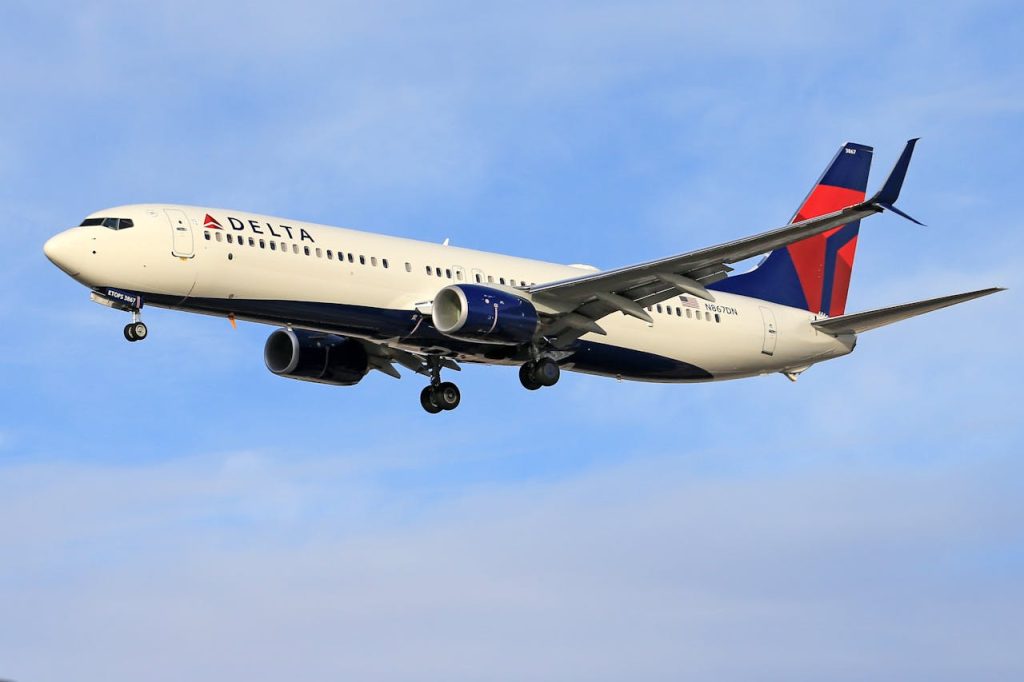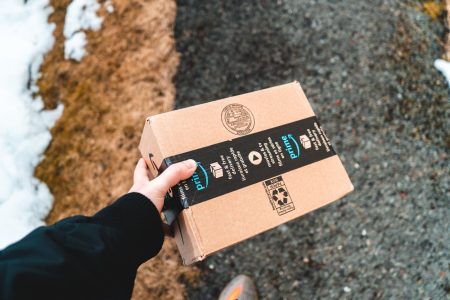By utilizing a new pricing engine from Israeli startup Fetcherr, which the airline claims can operate 24/7 and handle enormous amounts of data, Delta Air Lines is increasing the use of artificial intelligence to determine domestic ticket prices. However, Delta is currently facing political and competitive backlash over how AI could change the travel experience—and the associated costs—as the tool becomes more potent in determining airfares.
Executives at Delta stated in July that the airline intends to use the new AI system to help price up to 20% of its domestic fares by the end of the year, up from 3% currently. Glen Hauenstein, president of Delta, stated, “We like it a lot,” adding that preliminary testing has yielded encouraging findings.
Delta uses AI to set prices; competitors and lawmakers are unhappy.
Founded in 2019, Fetcherr has raised $115 million and currently operates with Virgin Atlantic, WestJet, and Azul of Brazil. According to the company, it can modernize pricing in the same way that Wall Street was transformed by algorithmic trading. Its model forecasts demand and modifies fares using anonymized booking data and aggregated market signals.
However, competitors and lawmakers are resisting.
In July, Senators Mark Warner (D., Va.), Richard Blumenthal (D., Conn.), and Ruben Gallego (D., Ariz.) wrote to Delta CEO Ed Bastian to warn that “prices could be dictated not by supply and demand, but by individual need.” Their worry is that AI could inflate prices by using personal information like browser histories or predicting emotional states, like scheduling travel for a funeral. Citing Delta specifically, two other lawmakers introduced legislation to forbid businesses from using AI pricing based on personal data.
“There is no fare product Delta has ever used, is testing, or plans to use that targets customers with individualized offers based on personal information or otherwise,” the airline wrote in response. Additionally, the business stated that it does not give Fetcherr access to private client information. Even rivals expressed their worries. Although Delta refuted the comparison, American Airlines CEO Robert Isom likened the AI pricing strategy to a “bait and switch.”
Price setting is still managed by humans, only optimized by AI
Delta emphasized that human analysts still review and adjust AI-generated pricing recommendations. Last year, Hauenstein stated, “Generally, we match our competitors’ fares.” However, could we raise our fares by $20 to Tokyo and not see a drop in market share if we make tiny adjustments? Can we have forty dollars?
Industry experts say AI helps airlines identify when they set prices too high or too low and avoid losing revenue. According to Cory Garner, a former executive at American Airlines, “it’s a tremendous amount for humans to manage—they can’t possibly catch everything.” Garner also added, “The bigger the airline, the harder it gets.”
Featured Image Credit: Jeffry S.S.; Pexels: Thank You!















